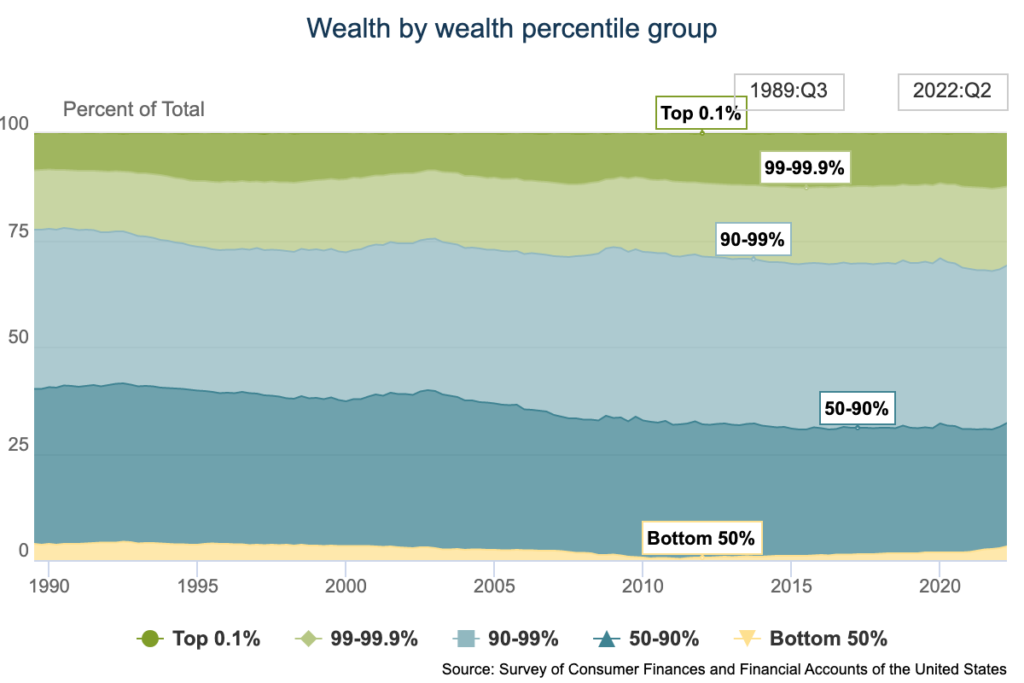While not unique but rather exasperated by covid, academic burn out specifically in professional students continues to come to new peaks. In my personal experience this comes from academic institutions and students having often unaligned interests when it comes to early career placements. Specifically in the emory law school career services is designed to place the top students with the most prestigious and high paying jobs that they are able to form recruitment partnerships with. Students in lower rankings within their class have their preferences overshadowed by university preference to take the highest paying job possible given their credentials. These jobs that students are steered towards are likely not within their desired specializations which leads to a harmful message that either be top of the class or you’re not good enough. Whatever options are available to lower ranked students are often very niche and also competitive due to the largest student base being qualified for them. Whats left is a hole in how students are able to pursue their interests without being top of the class.
As mentioned in this weeks class a lot of this stems from systematic pressures driven by capitalism. Capitalism inherently drives us to constantly be competing, with historically employers having the highest bargaining power. Employers bargaining power transfers to institutions and then is passed on to create an immensely competitive culture with students leading to high stress levels and strained mental health. Prior to pursuing my law degree I worked in an accounting firm that exemplified this capitalistic culture to a tee. Within that company skipping lunch breaks and committing to long periods of overtime were rewarded with accolades while work flexibility, balance, and pay transparency were discouraged. As a result of the culture there, as well as the one we experience academically, we are constantly pushed to work more, to do the most, and in turn be conditioned to provide the most value to employers. So when firms are partnering with academic institutions to give their top students high salary positions they are essentially following predictable economic motives to get the most bang for their buck. And in the time when current partners were in our position this method didn’t pose problematic due to general lower cost of living and a larger thriving middle class.
What the issue is now is that is compounding that pressure is a high spike in cost of living due to covid driven inflation. During the period of reduced production, supply in many sectors was depleted while we are now experiencing once again high demand. Companies are taking advantage of demand by hiking up prices so that they still experience annual revenue growth and by making investments that are pushing the American dream further and further from reality (real estate investors capitalizing on financial hardship through foreclosure buys). To translate a lower and lower percentage of the population is hoarding more and more of the wealth. This creates the academic stress that we discussed of not necessarily finding the “best” job but rather finding a job that can sustain our expenses and then factoring in how that job aligns with our goals and happiness. So career services is behaving very predictably given current social and economic conditions. Another issue increasing in prevalence as a result is when students accrue debt in the pursuit of their passion, realize their passion is not feasible given their current debt load and projected expenses, and are locked into a profession concentration they are unhappy with. Given these conditions it is unsurprising the exponential increase in academic distress that Gary Glass highlighted.
While the great resignation did allow for some increase in bargaining power, the playing field is unlikely to be anywhere near level without some real systematic change. One path to igniting this change is returning to actually previously present “maximum” wages regulated by progressive tax rates, free undergraduate education tuition, and corporate taxes that discourage wealth hoarding. Prior to the Reagan administration the largest marginal tax rate was 70% that he reduced to 50% through The Economic Recovery Act of 1981 and now is almost half of what it was at the start of his administration at 37%. While colleges have a history of fees, the word tuition used to be a relatively innovative concept with the University of Florida first charging in state students any tuition in 1969 and California not having any tuition until once again Reagan took office, but back when he was governor. If my political alignments were not already clear, I have some strong disagreements with our prior administration however I believe the phrase “Make American Great Again” does have some use and just needs to some revaluation of what America has done that was “great”.
Capitalistic culture is not swayed just by discussion around what is instead required is an extreme restructuring of incentives. Being that my perspective is limited to the fields of accountancy and law, I’m interested how these incentives present themselves in the medical and public health fields so please engage with comments.
https://time.com/4276222/free-college/: Education Burnout and its Capitalistic Origins

